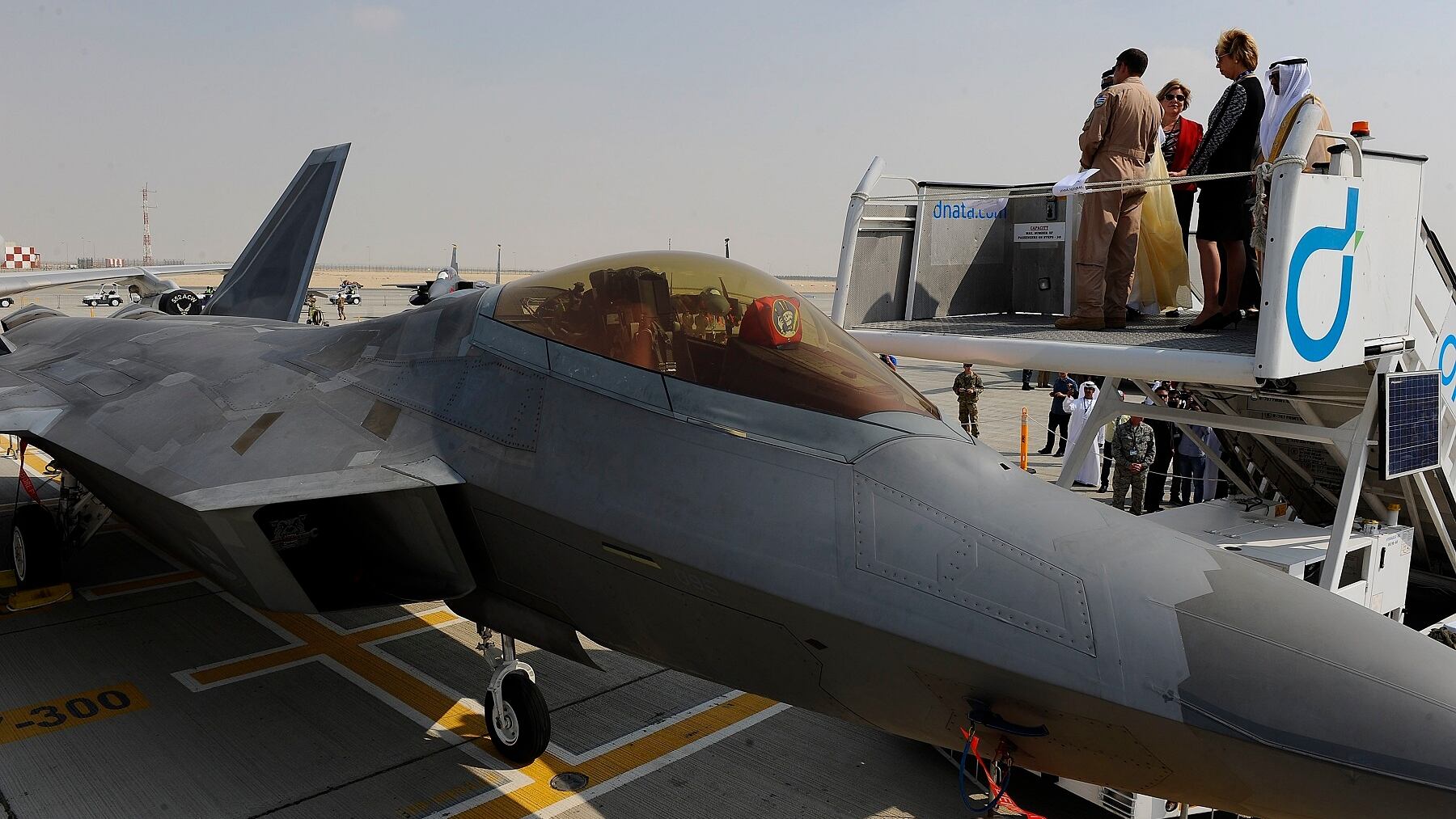WASHINGTON — The U.S. Defense Security Cooperation Agency announced Tuesday that Japan has been cleared to buy a pair of land-based Aegis ballistic missile defense systems, the first Foreign Military Sales announcement since the end of a government shutdown that stalled the FMS process.
The sale, worth an estimated $2.15 billion, would bolster Japan’s existing sea-based Aegis capabilities. The island nation is in the process of increasing its missile defense capabilities, both through additional Aegis buys and through the co-development of the SM-3 missile with the U.S.
Although not specified in the DSCA announcement, a government official confirmed these two systems are for Japan’s planned Aegis Ashore sites, which are expected to be operational by 2023.
Included in the potential package: two Aegis weapon systems, two multimission signal processors, and two command-and-control processor refreshes, alongside radio navigation equipment, ordnance, identification friend or foe systems, and construction services for six vertical launch system launcher module enclosures.
RELATED

Tuesday’s announcement is the first DSCA notification to be posted since Dec. 18, just days before the longest government shutdown in U.S. history began.
Speaking to reporters last week, Andrea Thompson, the U.S. State Department official who oversees the FMS process, said the shutdown was slowing down the process of clearing sales requests from foreign customers — notable, as the Trump administration has made increasing weapon sales abroad a key part of both its foreign policy and economic growth strategy.
“There will be a bit of a bump — a gap, if you will — just because we haven’t had the engagement with [Capitol] Hill” normally seen in the process, Thompson said then. “We’ll be able to make up some ground, but I am a realist. We have to work harder if we are going to have the numbers we had last year.”
Japan has recently spent heavily on American defense items. In September, the nation was cleared to spend $3.14 billion on nine E2-D Advanced Hawkeye aircraft, and in October it agreed to pay more than half a billion dollars for SM-3 missiles.
In the recently released Missile Defense Review, the U.S. Department of Defense identified that working with partners in the Pacific — notably Japan and South Korea — is the “cornerstone” of American security in the region.
“Japan is one of our strongest missile defense partners, and works together with the United States to strengthen cooperative missile defenses against regional missile threats,” the review states. “Going forward, DoD will work with allies and partners to prioritize these types of missile defense integration opportunities that contribute to more effective protection of the United States, its allies and deployed forces.”
DSCA announcements do not mean sales are final. The announcement serves as notification to Congress about the potential sale, which can be vetoed by the Senate; once cleared, negotiations between the customer and contractor can lead to changed quantities or dollar figures from the original announcement.
Aaron Mehta was deputy editor and senior Pentagon correspondent for Defense News, covering policy, strategy and acquisition at the highest levels of the Defense Department and its international partners.






